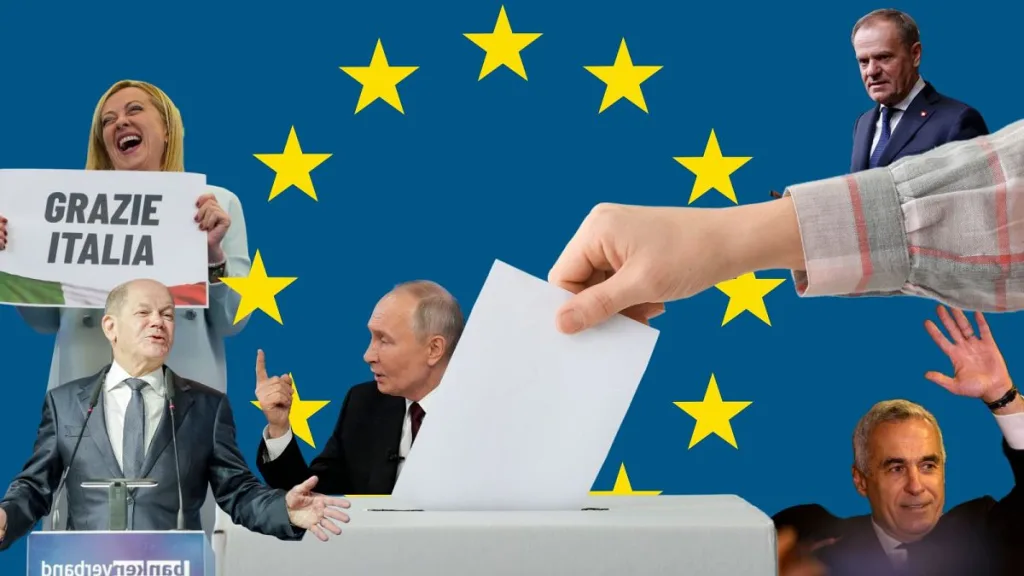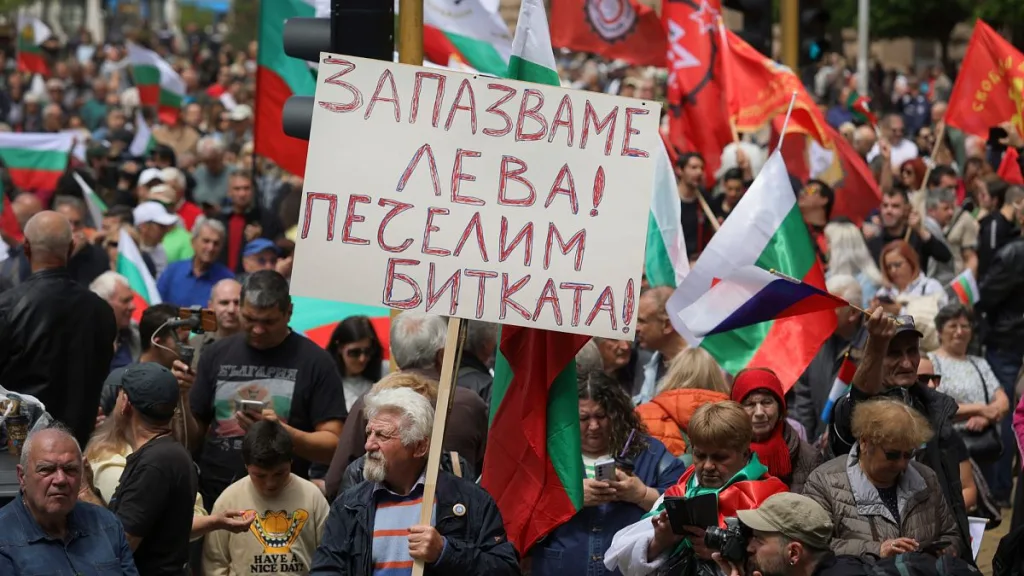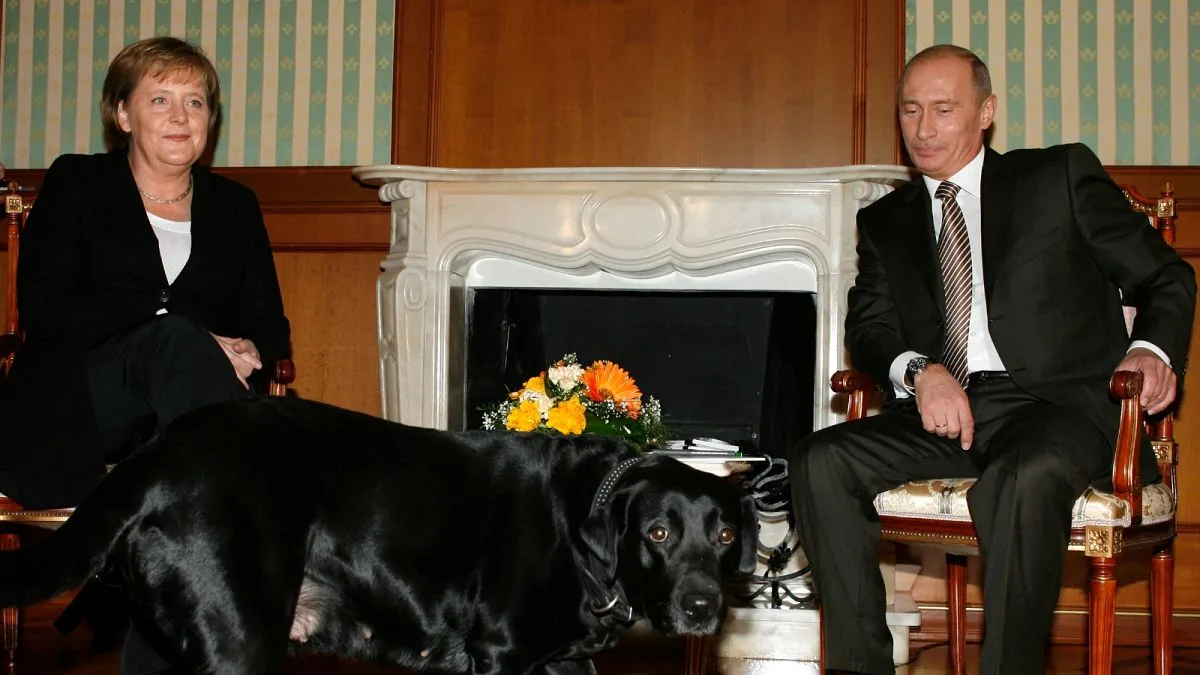The political landscape in Europe is set for significant changes in 2025, with various elections poised to reshape the European Union. Key contests include Germany’s snap Bundestag elections, Romania’s presidential race, Poland’s referendum on Donald Tusk’s government, and a rise in populist movements across Czechia, Norway, and other nations. These pivotal moments may redefine the future of Europe.
Following a year of global elections in 2024—including Donald Trump’s return to power in the US, the consolidation of right-wing parties in the EU, a political shift in the UK from Conservative to Labour, and Narendra Modi’s re-election in India—2025 is gearing up for its own surprises in Europe.
Here’s a comprehensive overview of the key elections on the horizon in 2025 and what to expect:
Germany: A Return to Political Prowess?
Following a no-confidence vote against Chancellor Olaf Scholz on December 16, 2024, Germany will hold snap elections on February 23, 2025.
The election campaign has become charged after a significant incident at Magdeburg’s Christmas market on December 20, involving an attacker with ties to the far-right Alternative für Deutschland (AfD). This event has intensified existing anti-immigration sentiments in eastern Germany.
Currently, the AfD is polling at 20%, trailing behind the Christian Democratic Union/Christian Social Union (CDU/CSU), which stands at 32%. Led by Friedrich Merz, the CDU is capitalizing on the coalition’s vulnerabilities and promoting economically liberal and socially conservative policies, particularly on migration issues. Merz aims to strengthen relations with France and Poland while advocating for military support for Ukraine.
Romania: A High-Stakes Presidential Race
Romania will conduct presidential elections in 2025 after the Constitutional Court annulled the initial voting round due to foreign interference concerns. The second round is fiercely contested between pro-EU candidate Elena Lasconi and far-right, pro-Russian candidate Călin Georgescu, who gained unexpected online traction.
The European Commission’s scrutiny over platforms like TikTok may reveal how social media influences these critical elections. Legislative elections yielded a win for the Social Democrats, making the upcoming presidential vote even more significant.
Poland: Evaluating Tusk’s Government
May 2025 will see Poland’s presidential elections act as a referendum on Donald Tusk’s government, which has been in power since December 2023. Tusk’s premiership brings together various political factions from the left to the center-right, while Andrzej Duda from the opposition Law and Justice party maintains significant influence through his veto power.
The race features prominent candidates: Rafał Trzaskowski of Civic Platform and Karol Nawrocki from the PiS party. Current polls indicate a competitive match, but Civic Platform may have the upper hand.
Italy: Regional Elections and Government Stability
Six regions in Italy, including Puglia and Tuscany, will hold critical elections in September, providing insight into public sentiment towards Giorgia Meloni’s government. Following a setback in Emilia-Romagna and Umbria elections, the state of the ruling coalition is uncertain, particularly in populous Veneto.
Czech Republic: The Rise of Europhobia
Czechia is gearing up for parliamentary elections in October 2025, with the populist party ANO led by Andrej Babiš currently favored in the polls. A Babiš victory could bolster a far-right coalition across Central Europe, threatening democratic stability.
Croatia: Nationalism on the Ballot
The Croatian presidential election on January 12, 2025, pits current President Zoran Milanovic against PM Andrej Plenkovic’s candidate. Milanovic, a self-identified nationalist, is known for his controversial views on various geopolitical issues, including Ukraine.
United Kingdom: Labour’s Test of Endurance
On May 1, 2025, the UK will hold its first county council elections since Labour’s return to power. This election will test whether Labour’s surprising 2024 victory holds lasting support amid fluctuating poll numbers.
Belarus: An Election Amidst Repression
Belarusian dictator Alexander Lukashenko, who has ruled since 1994, faces another contested election on January 26, 2025. The climate remains oppressive, with warnings of internet blackouts during potential protests, casting doubt on the electoral integrity.
Russia: Elections Under Scrutiny
In September 2025, Russians will vote in elections marked by severe media restrictions and political repression. The recent death of opposition leader Alexei Navalny underscores concerns about the fairness of these upcoming elections.
Norway: Shifts in Political Dynamics
Parliamentary elections in Norway on September 8, 2025, are expected to indicate a growing right-wing sentiment, with the far-right Progress Party likely to gain significantly compared to previous elections.
Ireland: Preparing for Leadership Transition
Although an official date is yet to be set, Irish presidential elections are expected in late 2025, marking the end of Michael D. Higgins’ tenure. Speculation surrounds potential candidates, including notable figures from the EU.
Georgia: The Pro-Russian Struggle
In October 2025, Georgia will conduct elections amidst ongoing protests against the pro-Russian Georgian Dream party’s influence. These elections will test the nation’s aspirations for closer ties with the West while navigating its complicated geopolitical landscape.
Moldova: The EU Membership Challenge
Moldova’s 2025 parliamentary elections will serve as a crucial test for President Maia Sandu’s pro-European stance against a backdrop of ongoing political instability and pro-Russian sentiments.
Albania: The Battle for Political Power
Albania’s elections set for May 11, 2025, will see the ruling Socialist Party face off against the Democratic Party. This election marks a critical moment for both parties amid ongoing political tensions and hopes for EU integration.
Kosovo: Navigating for a Stable Government
The Self-Determination Movement (Vetëvendosje) is expected to continue its dominance in Kosovo’s February 2025 elections but faces challenges in forming a coalition government if they fail to secure an outright majority.
Photo credit & article inspired by: Euronews



